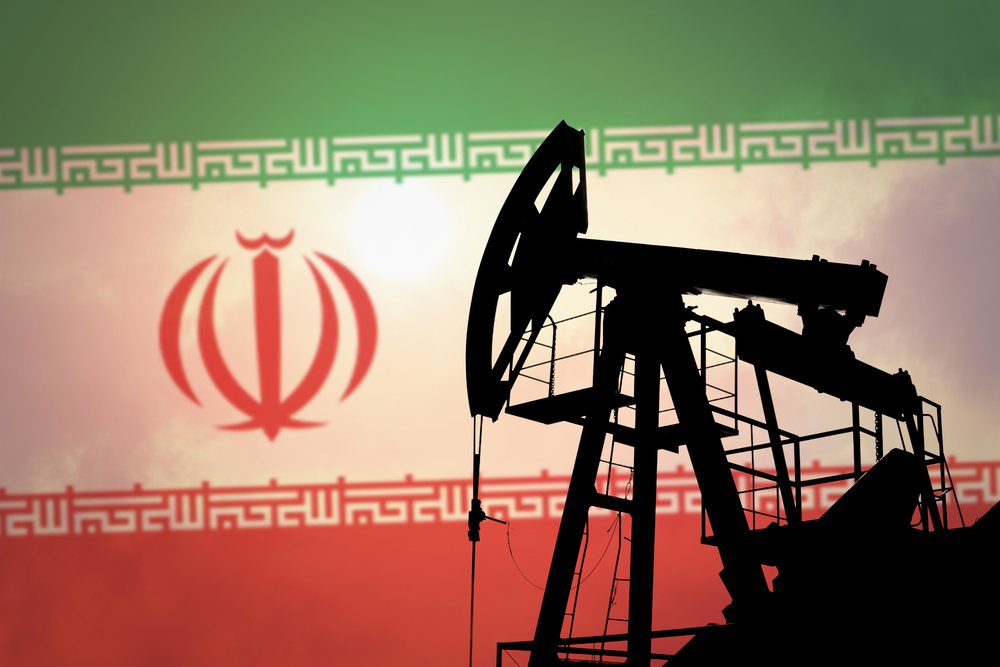Key Points:
• Expect restraint or an unconventional response from Saudi Arabia
• The kingdom is concerned with being viewed as rational and self-reliant
• Threats of internal unrest concern the kingdom as much as external attacks
General Stewart, who is currently on the ground in Saudi Arabia, provides his thoughts on the kingdom’s response to the Iranian attack on Saudi oil facilities.
Saudi Arabia’s Perspective:
At this stage, unless pressured, the Saudis are unlikely to push for a kinetic military response. Despite early indicators that Iran carried out the attack, they insisted on “conducting an investigation.” I didn’t get the sense that there is any desire for conventional conflict. Rather, they want to demonstrate their resilience, get the refinery back online, and demonstrate restraint in the face of this attack – avoiding a wider, more destructive strike on the kingdom. To Saudi Arabia and Mohammed Bin Salman, their two greatest concerns are the Iranians (and their regional aspirations) and internal unrest in the kingdom that threatens the regime. When discussing a response, talk of their own proxy forces and hybrid/cyber warfare are more appealing than a conventional approach.
The kingdom cites failure of intelligence to warn and detect the attack in timely manner. As a result, they want to accelerate their intelligence transformation efforts with an emphasis on indications and warning, integrated intelligence picture, missile defense, and counter-drone capability. They view their oil industry and the religious sites (Mecca and Medina) as the Saudi “source of power” their adversary will do anything, including attacking the holy sites, to undermine their source of power in the region and cause internal instability. Saudis are concerned that the U.S. has lost interest in the region and that Russia and Iran will fill the vacuum, leaving the kingdom on their own. Currently, there is a lot of talk about self-reliance.
The final sentiment I heard while on the ground, was turning the crisis in to an advantage—translation, resilience and restraint. The feeling on the street is almost like nothing has happened—limited short-term impact and Saudi Aramco is committed to getting their IPO done.
Academy’s Head of Macro Strategy, Peter Tchir, weighs in on the market impact of this sort of response.
As Admiral Heinrich pointed out on Bloomberg Radio, the sanctions have been effective and should remain a focus. The President tweeted this morning that he asked the Treasury Department to look at increased sanctions. I think that this leads to the best outcome for the markets. Increased economic pressure on Iran and an increased vigilance, without an attack, since any military response leaves room for escalation and/or unintended damage. This approach will also allow time to build a coalition. Additionally, it should calm oil markets, but more importantly, it leaves open the potential for global growth to emerge as the surprise story of the quarter. Initial reaction to the attack was more “risk-off’ than it should have been. The events of this past weekend impact China and play into Academy’s long held view that any trade deal will include commitments to buy LNG as securing a “stable” alternative source of energy should be a priority for China.
Original Post 9/18/2019


